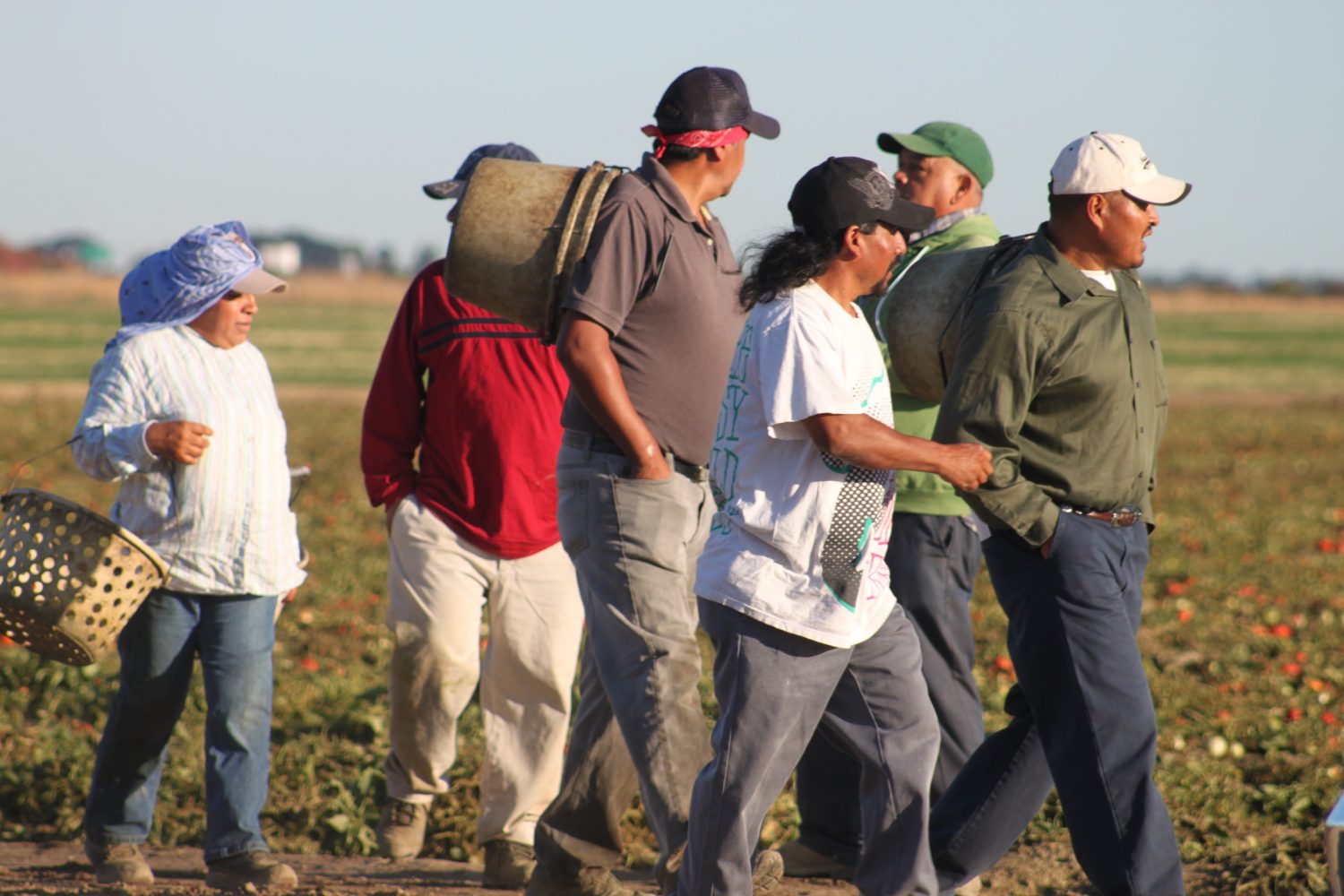Considering those less fortunate on our day off
Washington, DC: To most American workers, Labor Day usually means a paid holiday, time with family, a trip to the beach, burgers on the grill. But for America’s agricultural workers, it’s just another long day in the fields harvesting crops so the rest of America can eat and recreate.
“They don’t get paid time-off. They don’t get over-time pay,” says Daniel Sheehan, Executive Director of the Association of Farmworker Opportunity Programs. “Just backbreaking work at low wages with so much uncertainty about their futures that most of us would not consider for a moment performing.”
Many farmworkers not only work long, hard hours, but they also sustain frequent injuries through their work, which, with no sick leave or healthcare, often go untreated. Some, in picking tobacco plants, will absorb too much nicotine through their skin and contract green tobacco sickness. Others will suffer from back pain, heat rash, chemical abrasions, or eye damage from persistent dust in the air. Instead of complaining or seeking help, many work through these conditions, not knowing any other options and wanting to continue to feed and support their families.
Fortunately, the National Farmworker Jobs Program, operated under the Workforce Innovation and Opportunity Act (WIOA), provides an avenue for advancement for farmworkers. It helps them to train and up-skill for more stable and secure employment in and out of the agriculture industry, so that they’re able to improve their lives and earn those paid holidays, too.
About AFOP: The Association of Farmworker Opportunity Programs (AFOP) has been an advocate for migrant and seasonal farmworkers in the United States since 1971. The thread that binds the Association is the concept that training and education can provide a launching pad to a better and more stable life for the workers who plant, tend, and harvest the crops that Americans consume at their tables.



